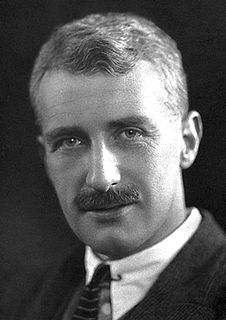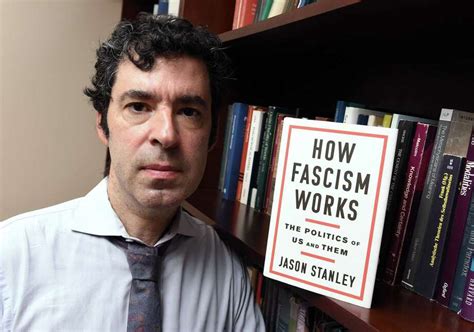A Quote by Alfred North Whitehead
Philosophy is the product of wonder. The effort after the general characterization of the world around us is the romance of human thought.
Quote Topics
Related Quotes
I write about heroes all the time, and I'm struck by how much of what fills us with wonder in the man-made world was the brainchild of a monster. I mean, slaves built most of the ancient wonders, our city skylines are dominated by the product of sometimes very ruthless capitalist ideals. There's a horrifying thought that I often wonder, which is, are monsters sometimes necessary?
My mother moved abroad when I was 11, my dad wasn't around from the time that I was a baby, so I was not the product of a family, but a product of observation - of watching what went on around me, of watching who I liked, what I didn't like, what I thought was good behaviour and what I thought was bad behaviour and tailoring myself accordingly.
My mother moved abroad when I was 11, my dad wasn't around from the time that I was a baby, so I was not the product of a family, but a product of observation - of watching what went on around me, of watching who I liked, what I didn't like, what I thought was good behavior and what I thought was bad behavior and tailoring myself accordingly.
Aristotle said that philosophy begins in wonder. I believe it also ends in wonder. The ultimate way in which we relate to the world as something sacred is by renewing our sense of wonder. That's why I'm so opposed to the kind of miracle-mongering we find in both new-age and old-age religion. We're attracted to pseudomiracles only because we've ceased to wonder at the world, at how amazing it is.
My idea of philosophy is that if it is not relevant to human problems, if it does not tell us how we can go about eradicating some of the misery in this world, then it is not worth the name of philosophy. I think Socrates made a very profound statement when he asserted that the raison d'etre of philosophy is to teach us proper living. In this day and age 'proper living' means liberation from the urgent problems of poverty, economic necessity and indoctrination, mental oppression.
All of us share this world for but a brief moment in time. The question is whether we spend that time focused on what pushes us apart, or whether we commit ourselves to an effort -- a sustained effort -- to find common ground, to focus on the future we seek for our children, and to respect the dignity of all human beings.
Poetry is related to philosophy as experience is related to empirical science. Experience makes us acquainted with the phenomenon in the particular and by means of examples, science embraces the whole of phenomena by means of general conceptions. So poetry seeks to make us acquainted with the Platonic Ideas through the particular and by means of examples. Philosophy aims at teaching, as a whole and in general, the inner nature of things which expresses itself in these. One sees even here that poetry bears more the character of youth, philosophy that of old age.
Some philosophers are drawn to the subject [of philosophy] via their interest in the nature and structure of the world external to us. Others are drawn to it by an interest in the capacities that make humans distinctive in the world. I am a philosopher of the latter sort. My work thus far has been clustered around the nexus of knowledge, communication, and human action.





































